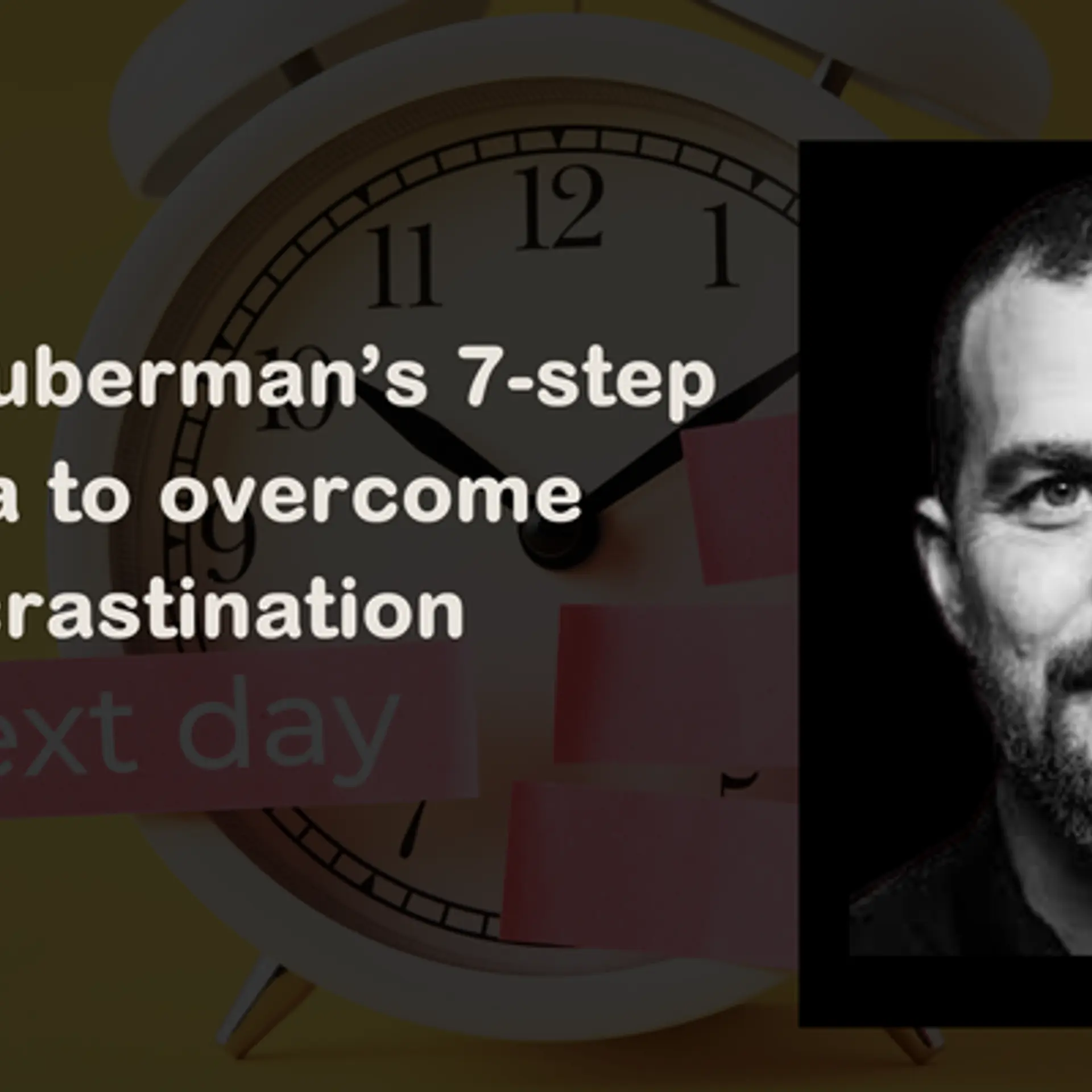Ola takes steps to protect itself, restricts Softbank’s rights
The cab aggregator Ola has made some rather sweeping changes in its shareholder terms. According to several media reports, the latest Articles of Associations (AoA) filed by the company suggests that the founders are strengthening their rights and restricting those of Softbank’s.
This is a rather bold move as it is possibly one of the first instances in the Indian startup ecosystem wherein founders are taking strong steps to shield themselves against potential threats and actions by shareholders after founders lose control.
This move by Ola comes after the Bengaluru-based ride-sharing company raised funding and has seen a slight increase in its valuation.

According to the AoA, Ola is set to issue additional shares to Ola’s founders, Bhavish Aggarwal and Ankit Bhati, thus keeping their combined shareholding between 10.9 and 12.38 percent.
A Mint report states that the founders’ exact shareholding will depend on the amount that Ola raises in its next round. However, their shareholding will not drop below approximately 11-12 percent.
The AoA also suggests that the founders have taken steps to restrict the ability of its investors to increase stake. Any transfer of shares by the investors representing 10 percent or more of the company’s capital will need to be approved by Bhavish and Ankit.
The Mint report points out that Softbank cannot buy more equity shares to increase its stake, while it may do so to maintain its stake. The amended AoA gives Softbank the right to appoint one more director than it already has, albeit the move is accepted by the founders and all shareholders.
This move comes on the heels of the recent boardroom battle that Softbank’s company Snapdeal is facing. Also, earlier this year, Tiger Global had replaced Binny Bansal with Kalyan Krishnamurthy as CEO of Flipkart.
This development also comes despite the fact that Softbank has increased its stake in the company after the additional funding. Ola, however, is also looking at raising additional funds to continue its headlock with San Francisco-based Uber.
Ola's move show signs of a maturing ecosystem. Many in the ecosystem for over a year now have wondered if Indian startups will be able to retain control like how Uber’s Travis Kalanick and Facebook’s Mark Zuckerberg have been able to do.
With this step, the founders are not only strengthening their position in the company but are also making a bold statement. Now that the fight with Uber is going to get fiercer, Ola is just preparing itself in every way possible.
Started as solutions for the personal pain-points of the founders–of Ola, Uber, and even TaxiforSure–these platforms, beginning with call centres and radio ads and jingles, have come a long way.
From a time of consolidation–when Ola acquired TaxiForSure for $200 million–to now, when the consumer, especially in metro cities, has become all the more discerning, the journey has been an interesting one.
In fact, Ola today is one of the hottest Unicorns in India, valued at close to $4 billion, while Uber is ruling the roost globally, valued at a whopping $68 billion.
Today, the market dynamics that both Ola and Uber are facing are different. The Indian consumer is discerning and is looking for a stronger differentiator. With the Southeast Asian cab aggregators also eyeing the global market the coming year will be an interesting one in terms of what the aggregators do to expand globally. And if India will truly become the battleground for global cab wars.







